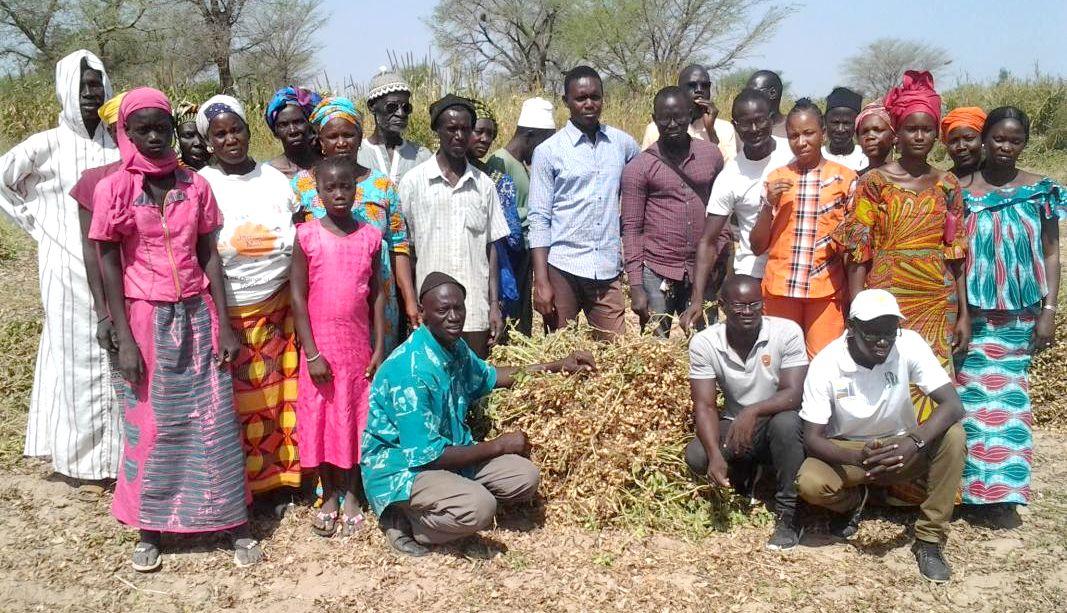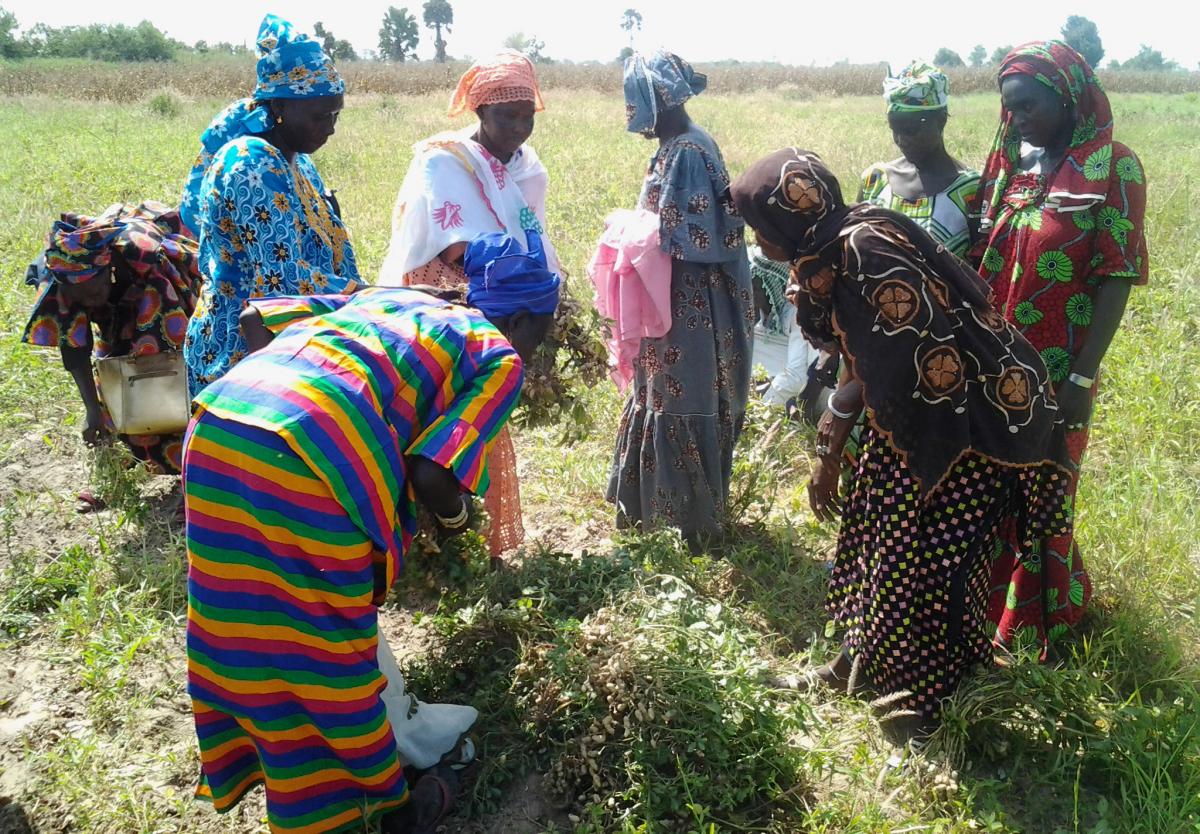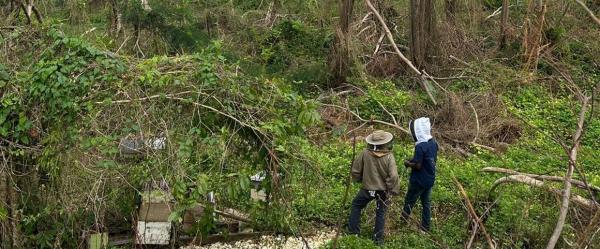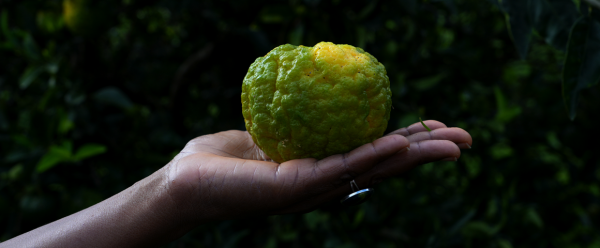Science at work 14 January 2026
- Home
- CIRAD news
- News
- West Africa | ABEE project
West Africa | 40 000 producers will benefit from a new European plant breeding project

A participatory farming assessment on groundnut varieties, in collaboration with a producers’ organization (RESOPP) © Hodo-Abalo Tossim
The ABEE project (West Africa Breeding Networks and Extension Empowerment) concerns five crops: cowpea, groundnut, millet, sorghum and fonio. These crops are essential to food security for local populations, but are also potentially highly sensitive to climate change. They are prominent in West African markets, especially in Burkina Faso, Niger and Senegal, countries covered by the project.
“Plant breeding for the main food crops is an important tool to effectively address growing demand for food and population growth ”, says Abdou Tenkouano, Executive Director of CORAF/WECARD.
The ABEE project will provide a better approach to the coordination of plant breeding at the regional and national levels . A knowledge base will serve as a source of information for breeding programmes. Existing networks will be strengthened in order to facilitate the exchange of genetic material. “The project will strengthen the existing regional network of breeders within the framework of the platform in partnership for research and training on Innovation and Plant Breeding in West Africa (dP IAVAO) ”, says Sylvie Lewicki, CIRAD’s Regional Director for West Africa – Dry Zone.
Breeders will be central to this research process. “They will meet within well-equipped stations and laboratories using modern breeding techniques ”, says Alioune Fall, Director-General of ISRA.
The goal for them, with the ongoing support of international partners, will be to modernize their breeding practices by setting up and using equipment and methods that are little used in Africa : digitization, molecular genetics and IT development plans (internet connectivity, servers, computer equipment), etc.
The main experimental stations used by breeding programmes in Burkina Faso, Niger and Senegal will benefit from new investments.
The varieties developed will meet the need for resilient crops for farmers in West Africa. The project will also enable them to better identify products and market demands . The private sector will be involved in the project through public-private partnerships. These partnerships will make it possible to anticipate needs in terms of the quantity and types of varieties adapted to demand. Participatory assessments and regular surveys of producers and markets will provide breeders with essential information to align user expectations with research outcomes.
Finally, capacity building among researchers in national systems and training for future generations of breeders and scientists will deliver lasting results after the end of the project.
ABEE was launched several weeks ago in Dakar. It will be implemented by a consortium of international, regional and national institutions that have already demonstrated their success in plant breeding:
- CORAF/WECARD (project coordinator)
- European Union
- CIRAD
- AfricaRice, through the Integrated Breeding Platform
- The Institut sénégalais de recherche agricole (ISRA), through the Centre d'études régionales pour l'amélioration de l'adaptation à la sécheresse (CERAAS)
- The Institut national de l’environnement et de recherche agricole (INERA), Burkina Faso
- The Institut national de recherche agronomique du Niger (INRAN)




























